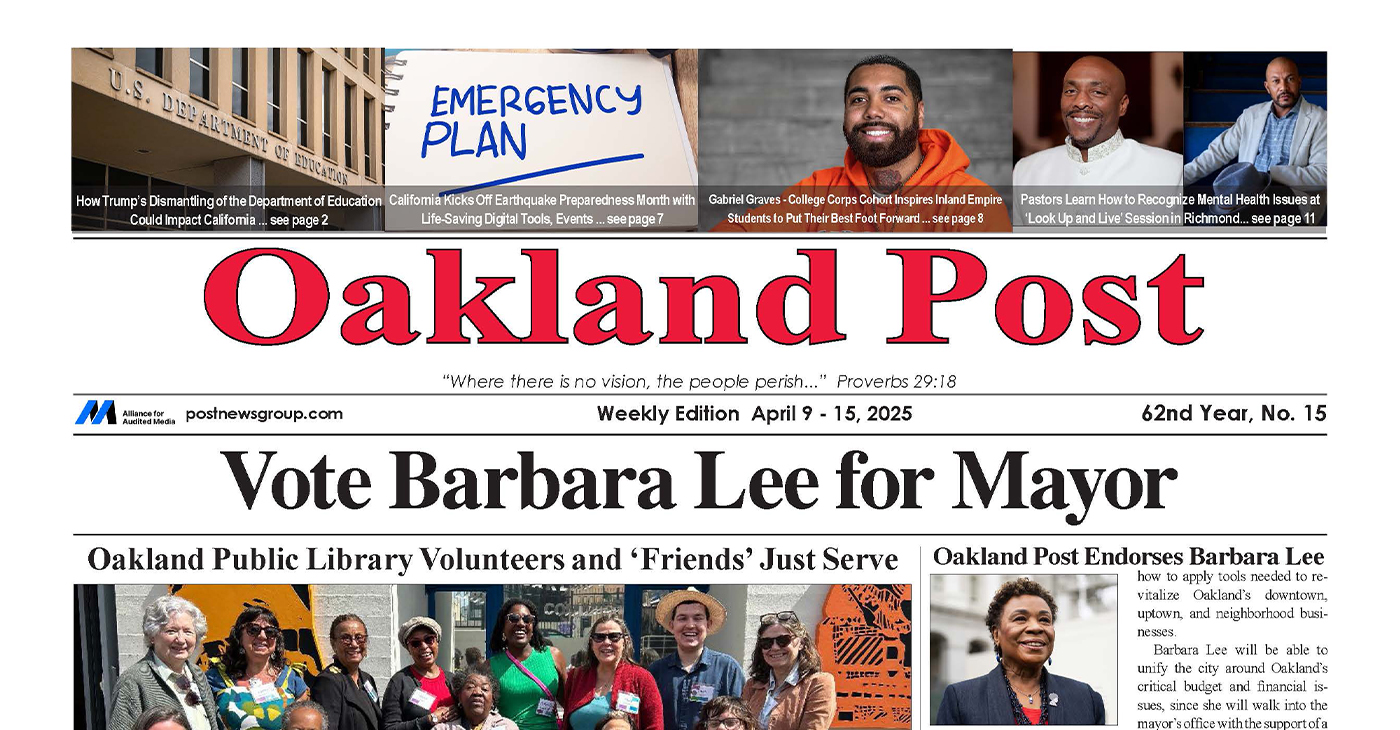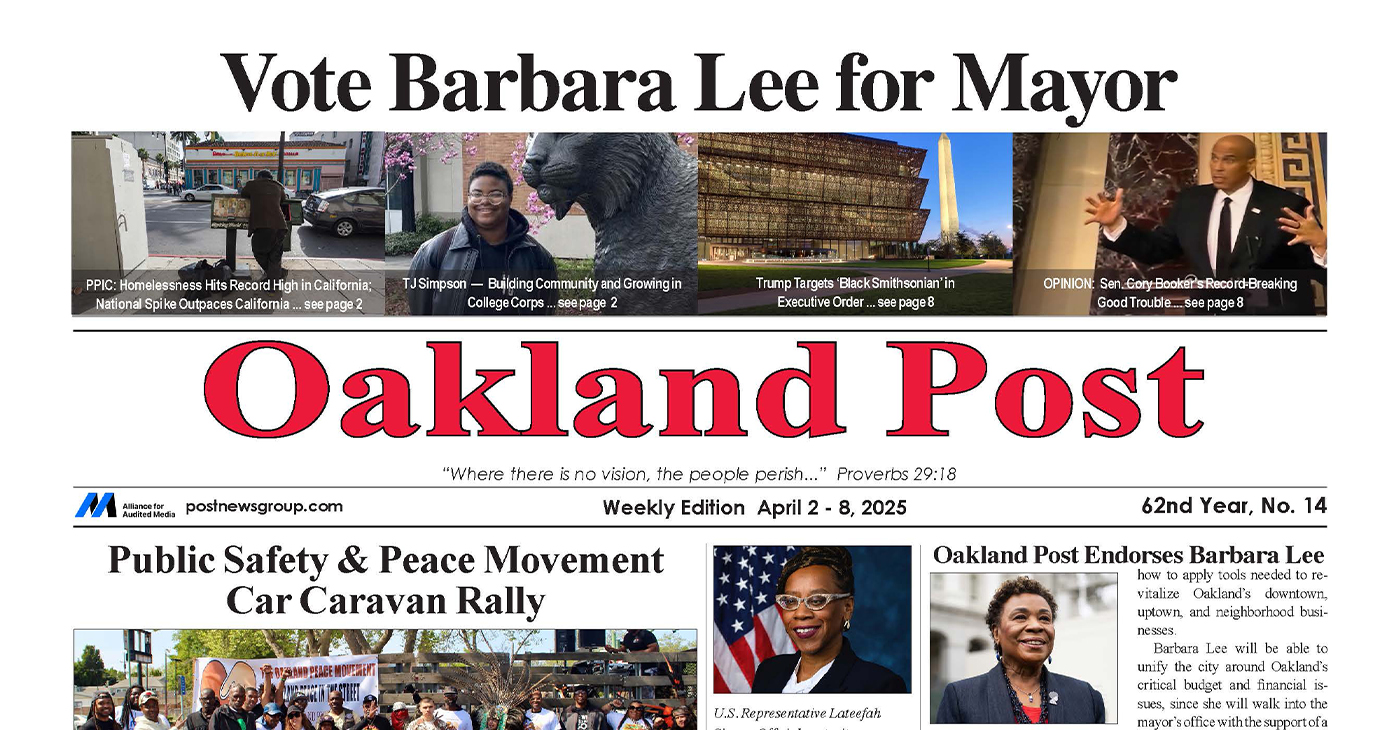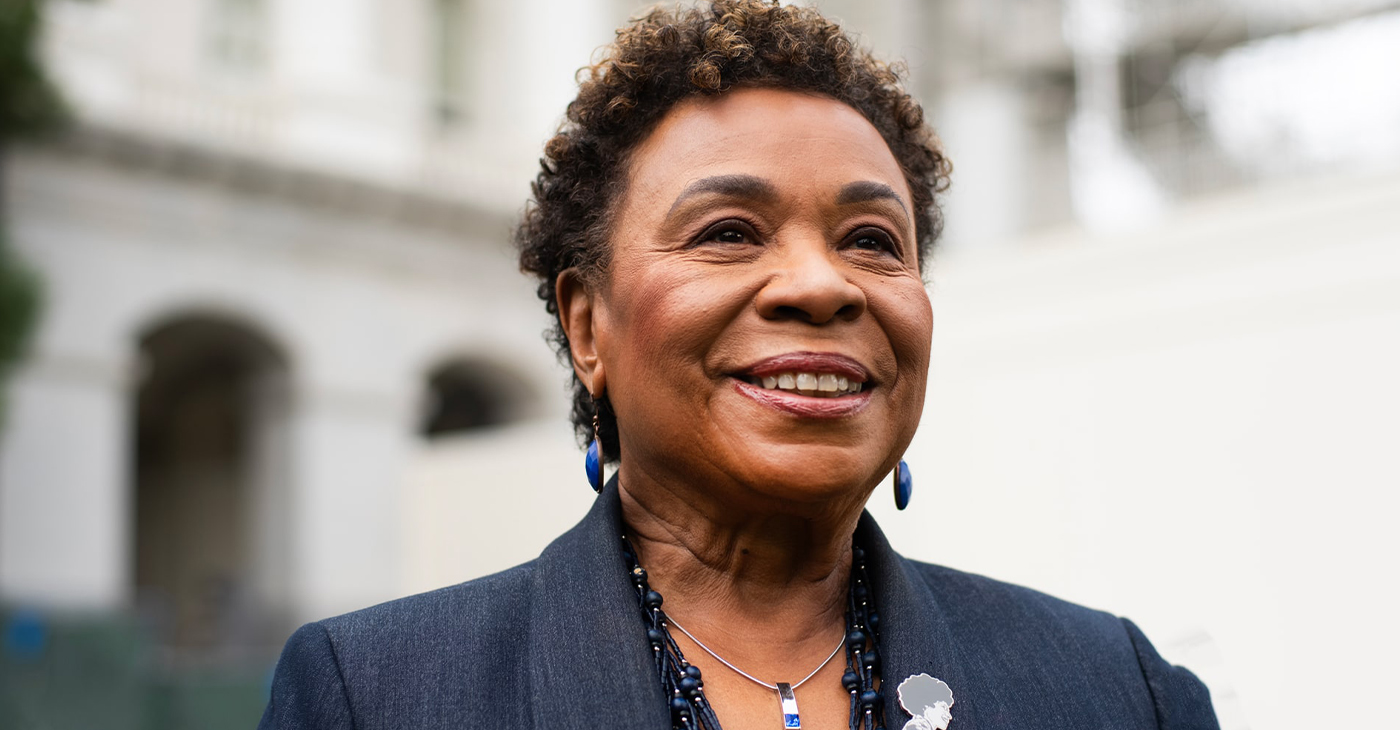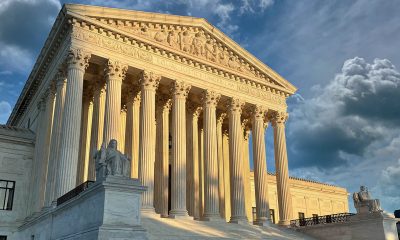Politics
Texas Asks Appeals Court to Uphold Voter Photo ID Law
KEVIN McGILL, Associated Press
NEW ORLEANS (AP) — Supporters and opponents of a Texas law requiring specific forms of photo identification for voters faced close questioning in a federal appeals court Tuesday on whether the law was meant to discriminate against minorities and whether there are ways to remedy it.
The U.S. Justice Department and others oppose the law as an unconstitutional burden on minority voters. The state of Texas says the law was aimed at preventing fraud. The state is appealing a federal district judge’s ruling last October that struck down the law.
Judge Catharina Haynes, one of three judges hearing the Texas case at the 5th U.S. Circuit Court of Appeals, suggested in questioning that the matter should perhaps be sent back to the district court for further consideration. She noted that the Texas Legislature currently has several bills that that could broaden the number and types of ID voters could use to cast ballots.
Haynes also noted that a statewide election took place in Texas last year under the requirements of the new law, which was being enforced while the appeal was pending. “Shouldn’t we look at the last election?” she asked Erin Flynn of the Justice Department.
Flynn argued otherwise. “Turnout number doesn’t capture the deterrent and suppressive effect that a voter ID law has,” she said.
The law requires voters to provide one of seven kinds of photo identification to cast a ballot. Four are available from the state Department of Public Safety — driver’s licenses, personal IDs, concealed-handgun permits, and election identification certificates. Federally issued passports, citizenship certificates and military IDs also are acceptable.
Opponents said the old law required an ID — with or without a photo — such as a voter registration card, a utility bill, a bank statement or a paystub that identified the voter and the voter’s address. They said fraud was rare and actual incidents of voters showing up at a poll pretending to be someone else were virtually nonexistent. They also complained about the exclusion of some photo IDs, including federal or state employee IDs and college student IDs.
Haynes asked whether “a more nuanced” remedy than striking the whole law might be called for — for instance, allowing the use of a voter registration card, which does not contain a photo, but stopping short of going back to the old law’s allowing of utility bills or bank statements.
Both sides stuck to their arguments, with Scott Keller of the Texas Solicitor General’s Office arguing that the law does not discriminate. Lawyers for the Justice Department and other opponents of the law said the ruling of U.S. District Judge Nelva Gonzales Ramos was sound.
Tuesday’s arguments also focused on the intent of Texas legislators who passed the ID law. The law’s opponents, and Ramos’ opinion, noted Republican state Rep. Todd Smith’s statement during debate on the bill that it was “common sense” that those lacking the required IDs would most likely be minority voters.
Haynes questioned both sides about what is needed to prove discriminatory intent.
Keller said there is nothing in the record to suggest an attempt to prevent minority voting. Haynes said there was unlikely to be an on-the-record statement acknowledging such a purpose. “You seem to be looking for some confession — in an email: ‘Let’s discriminate,'” she told Keller.
However, she also said opponents of the law seemed to employ “the rankest speculation” in assigning motives to the bill’s proponents.
Another issue touched on in Tuesday’s arguments: Whether fees involved in obtaining proper IDs constitute an unconstitutional “poll tax.”
That includes a possible $2 fee that some might need to get a birth certificate, which is required to get one form of free ID. The law-backers stress that there is no direct cost for the free ID and add that Texas allows mail voting, which they say negates the poll-tax argument.
The 5th Circuit’s Chief Judge Carl Stewart and U.S. District Judge Nannette Jolivette Brown of New Orleans also were on the panel. There was no indication when they would rule.
Copyright 2015 The Associated Press. All rights reserved. This material may not be published, broadcast, rewritten or redistributed.
Activism
Oakland Post: Week of April 9 – 15, 2025
The printed Weekly Edition of the Oakland Post: Week of April 9 – 15, 2025

To enlarge your view of this issue, use the slider, magnifying glass icon or full page icon in the lower right corner of the browser window.
Activism
Oakland Post: Week of April 2 – 8, 2025
The printed Weekly Edition of the Oakland Post: Week of April 2 – 8, 2025

To enlarge your view of this issue, use the slider, magnifying glass icon or full page icon in the lower right corner of the browser window.
Activism
Oakland Post Endorses Barbara Lee
Barbara Lee will be able to unify the city around Oakland’s critical budget and financial issues, since she will walk into the mayor’s office with the support of a super majority of seven city council members — enabling her to achieve much-needed consensus on moving Oakland into a successful future.

As we end the celebration of Women’s History Month in Oakland, we endorse Barbara Lee, a woman of demonstrated historical significance. In our opinion, she has the best chance of uniting the city and achieving our needs for affordable housing, public safety, and fiscal accountability.
As a former small business owner, Barbara Lee understands how to apply tools needed to revitalize Oakland’s downtown, uptown, and neighborhood businesses.
Barbara Lee will be able to unify the city around Oakland’s critical budget and financial issues, since she will walk into the mayor’s office with the support of a super majority of seven city council members — enabling her to achieve much-needed consensus on moving Oakland into a successful future.
It is notable that many of those who fought politically on both sides of the recent recall election battles have now laid down their weapons and become brothers and sisters in support of Barbara Lee. The Oakland Post is pleased to join them.
-

 Activism3 weeks ago
Activism3 weeks agoWe Fought on Opposite Sides of the Sheng Thao Recall. Here’s Why We’re Uniting Behind Barbara Lee for Oakland Mayor
-

 Activism4 weeks ago
Activism4 weeks agoSan Francisco Is Investing Millions to Address Food Insecurity. Is Oakland Doing the Same?
-

 #NNPA BlackPress4 weeks ago
#NNPA BlackPress4 weeks agoRev. Dr. Jamal Bryant’s Black Church Target Boycott Mobilizes 150,000
-

 Activism3 weeks ago
Activism3 weeks agoFaith Leaders Back Barbara Lee for Mayor, Criticize Candidate Loren Taylor for Dishonest Campaigning
-

 Activism4 weeks ago
Activism4 weeks agoOakland Post: Week of March 12 – 18, 2025
-

 Activism3 weeks ago
Activism3 weeks agoOakland’s Most Vulnerable Neighborhoods Are Struggling to Eat and Stay Healthy
-

 #NNPA BlackPress4 weeks ago
#NNPA BlackPress4 weeks agoRecently Approved Budget Plan Favors Wealthy, Slashes Aid to Low-Income Americans
-

 Activism3 weeks ago
Activism3 weeks agoGroup Takes First Steps to Recall District Attorney Diana Becton
























































